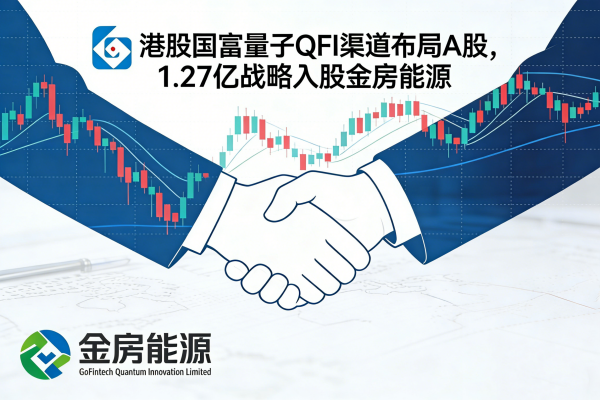Over 400 South Korean officials disclose holdings of $9.8 million worth of cryptocurrencies
More than 20% of South Korean public officials hold cryptocurrencies in their asset disclosures, including Bitcoin, Ethereum, Ripple, and Dogecoin.
South Korea’s Ethics Commission revealed that the country’s senior public officials hold an average of 35.1 million won (about $24,000) in crypto assets.
On March 27, it was reported that the country’s Government Officials Ethics Commission disclosed that more than 20% of investigated public officials hold 14.4 billion won (9.8 million U.S. dollars) in cryptocurrencies. This means that 411 of the 2,047 officials subject to the country’s disclosure requirements hold crypto assets.
The highest amount disclosed was 17.6 billion won (1.2 million U.S. dollars) for Seoul City Councilor Kim Hye-young.
These officials hold different crypto assets, including Bitcoin (BTC), Ethereum (ETH), Ripple (XRP), Dogecoin (DOGE), Luna Classic (LUNC), etc.
South Korean public officials disclose cryptocurrency holdings
The practice of public officials disclosing crypto assets is in response to the country’s prime minister’s call for transparency.
In 2023, South Korean Prime Minister Han Deok-soo said at a press conference that senior government officials must include cryptocurrencies in their property disclosures. He said cryptocurrencies should be treated similarly to other assets such as precious metals.
On May 25, 2023, South Korea passed a bill requiring public officials to include cryptocurrencies in their public asset disclosures. The new system allows Koreans to access the cryptocurrency holdings of at least 5,800 public officials starting in 2024.
In June 2024, the country's cryptocurrency exchanges launched an information provision system to simplify the registration of cryptocurrency holdings.
Lawmaker controversy leads to cryptocurrency disclosure law
The new law was enacted in response to a controversy involving South Korean lawmaker Kim Nam-kuk. He was accused of liquidating crypto assets and concealing approximately $4.5 million in holdings before the country's lawmakers implemented the Financial Action Task Force (FATF) "travel rule."
At the height of this controversial litigation, Kim Nam-kuk left the Democratic Party to reduce the litigation burden on party members.
Although prosecutors requested a six-month prison sentence for Kim Nam-kuk, the lawmaker was ultimately acquitted after a judge ruled that the crypto assets were not subject to public disclosure at the time Kim Nam-kuk was trading.









